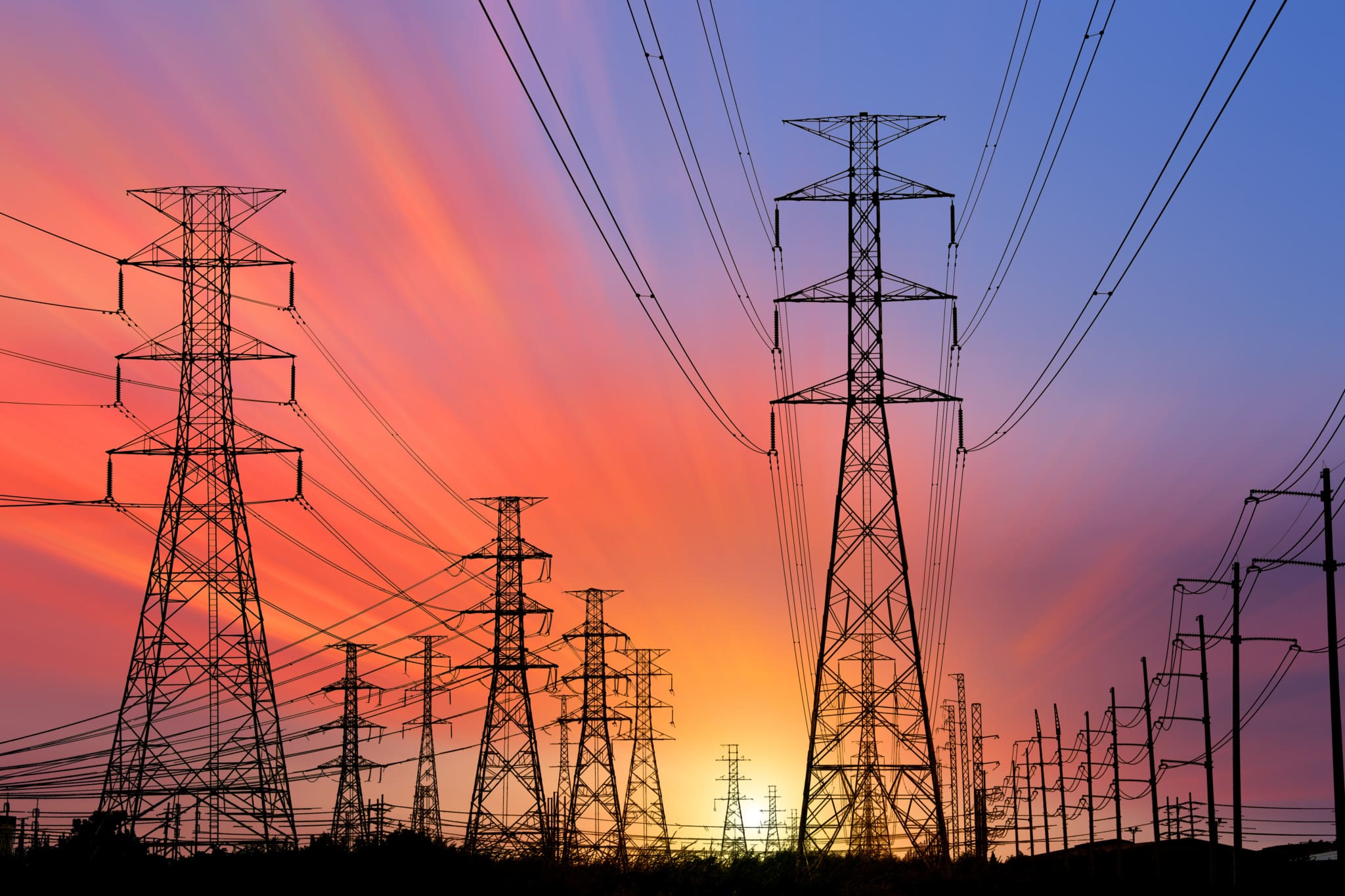Romania is planning to build a massive electricity link to sell its green energy to the West, including Hungary, with the cost of the high-voltage lines expected to run into the billions.
According to the Financial Post, Romanian Energy Minister Sebastian Burduja said in an interview in Bucharest that the Balkan country’s electricity production will be boosted by 10,000 megawatts of renewable energy capacity by 2030. The minister hopes that within six months, a detailed feasibility study will be completed, detailing the capacity of the planned pipeline, which is estimated to cost more than €3 billion.
Romania aims to optimize domestic electricity distribution by building the new high-voltage cable and become a regional electricity supplier serving neighboring Hungary. The cost of the power lines, however, is significant for Romania, which features a growing budget deficit.
“For us, this pipeline is the first priority, to be completed by 2028-2029,” Burduja said.
Hungary is likely to welcome any effort from Romania to boost electricity supplies to its neighbor, which is struggling to meet energy demand due to its landlocked position. Hungary’s announced plans for the establishment of electric car battery plants in the country will surely lead to a surge in electricity demand in the coming years.
Romania is already a major producer of renewable energy, as it has many wind farms on the Black Sea coast, and better use of renewable resources is seen as key to replacing fossil fuels. According to Burduja, Romania is looking for investors with the right expertise and financial backing for the project, which could run along the BRUA gas pipeline, which is a Romanian acronym for the Bulgarian, Romanian, Hungarian, and Austrian pipeline. The Romanian grid operator Transelectrica will definitely be part of the consortium for the project.
Romania’s newly built green electricity capacity, together with the potential for natural gas extraction, could make the country self-sufficient and a regional electricity supplier by 2030. A portion of the gas from the Neptune Deep project in the Black Sea is also likely to be exported.
However, Burduja urged state-owned Romgaz SA, an equal partner with OMV Petrom SA in the project, to give preference to local consumption when signing the forthcoming contract.






